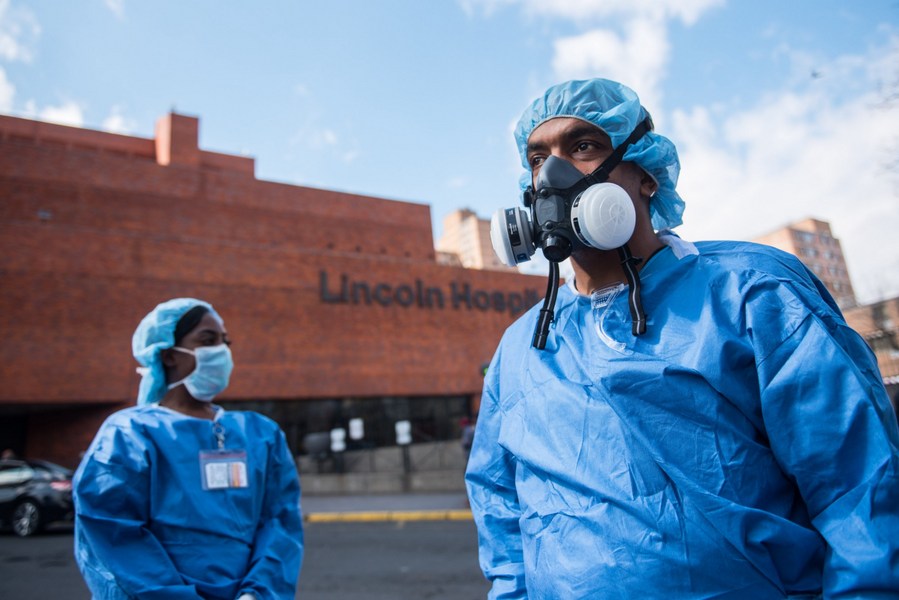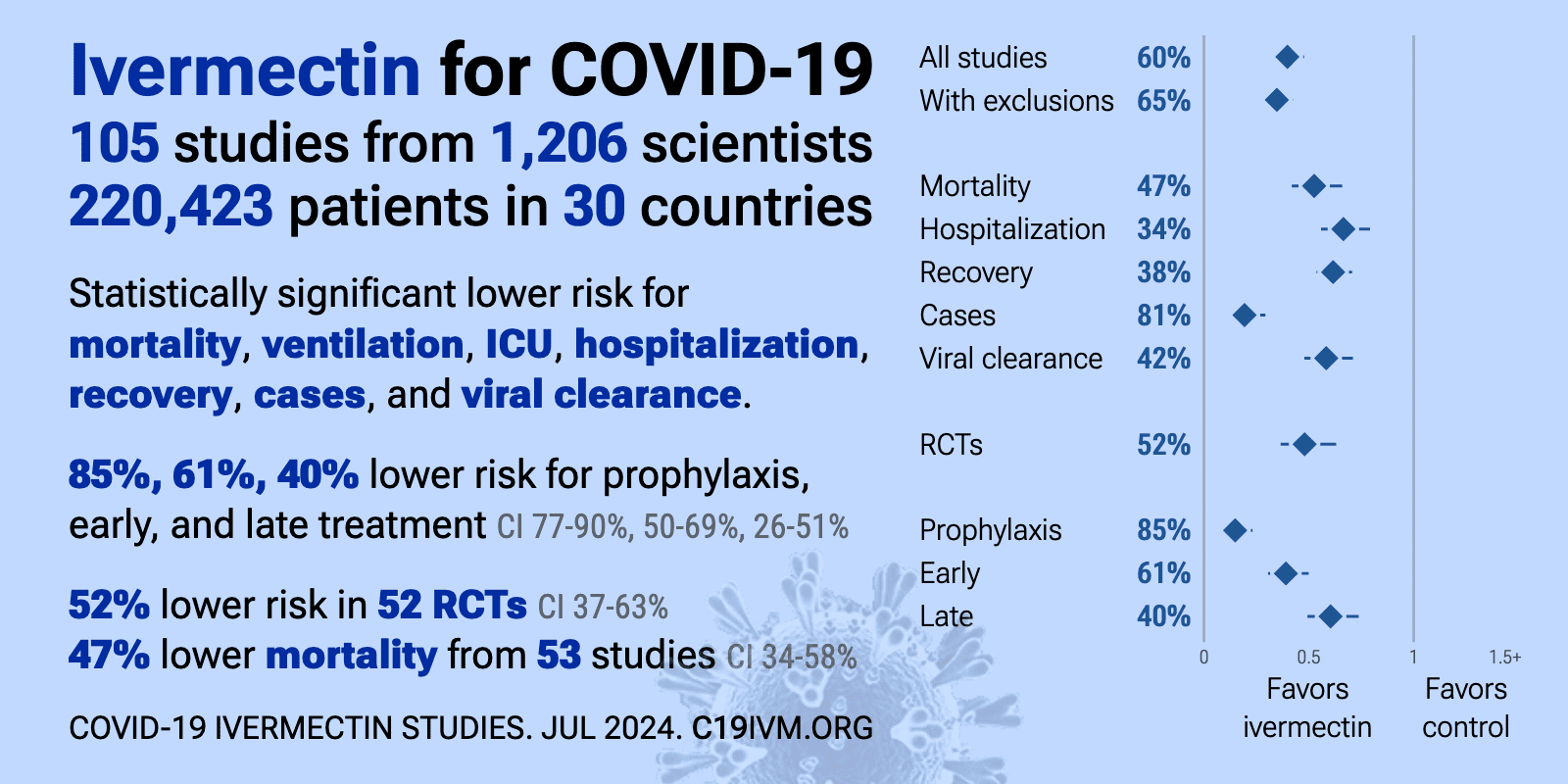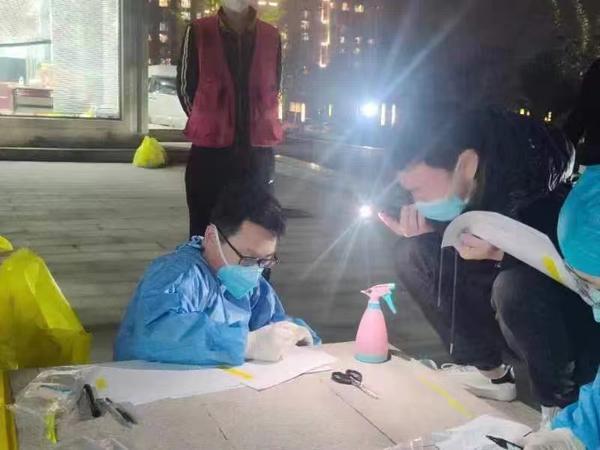In the early months of 2020, a novel coronavirus, later named SARS-CoV-2, emerged as the cause of a respiratory illness that swiftly became a global health emergency. Dubbed COVID-19 by the World Health Organization (WHO), this pandemic has reshaped the world as we know it.
The initial cases were reported in Wuhan, China, in December 2019, marking the start of an unprecedented global challenge. The virus quickly spread across borders, infecting millions and claiming thousands of lives daily. Governments around the world implemented stringent measures such as lockdowns, travel bans, and social distancing to contain its spread. Healthcare systems were overwhelmed in some regions, necessitating the construction of temporary hospitals and the repurposing of facilities to manage the surge in cases.
Scientific research raced against time, with researchers working around the clock to understand the virus's transmission dynamics, develop diagnostic tests, and create vaccines. The race for a vaccine saw unprecedented collaboration between pharmaceutical companies, research institutions, and governments, resulting in the rapid distribution of effective vaccines worldwide. Vaccination programs were rolled out globally, prioritizing healthcare workers and the elderly, gradually easing lockdown measures and restoring normalcy to daily life.
The economic impact was profound, with businesses closing their doors, unemployment skyrocketing, and economies contracting. Governments introduced stimulus packages and support systems to cushion the blow, while the International Monetary Fund (IMF) and other financial institutions worked to stabilize global markets. The pandemic also highlighted the importance of digital connectivity, as remote work and online education became essential for maintaining societal function.
However, the pandemic exposed inequalities, with low-income countries struggling to access vaccines and medical supplies due to inadequate global distribution systems. Mental health issues surged as people faced isolation, uncertainty, and the loss of loved ones. The importance of public health infrastructure and preparedness for future pandemics was brought to the forefront.
As 2023 unfolds, COVID-19 continues to evolve, with new variants emerging that challenge our understanding and response strategies. The pandemic has taught us valuable lessons in resilience, collaboration, and the importance of science-led decision-making. It has also underscored the need for a more equitable global response system, ensuring no country is left behind in times of crisis. The journey towards recovery is ongoing, with a focus on building back better and stronger, while continuing to guard against future health emergencies.
转载请注明来自爬爬百科,本文标题:《全球健康危机,COVID-19大流行》












 京ICP备11000001号
京ICP备11000001号
发表评论